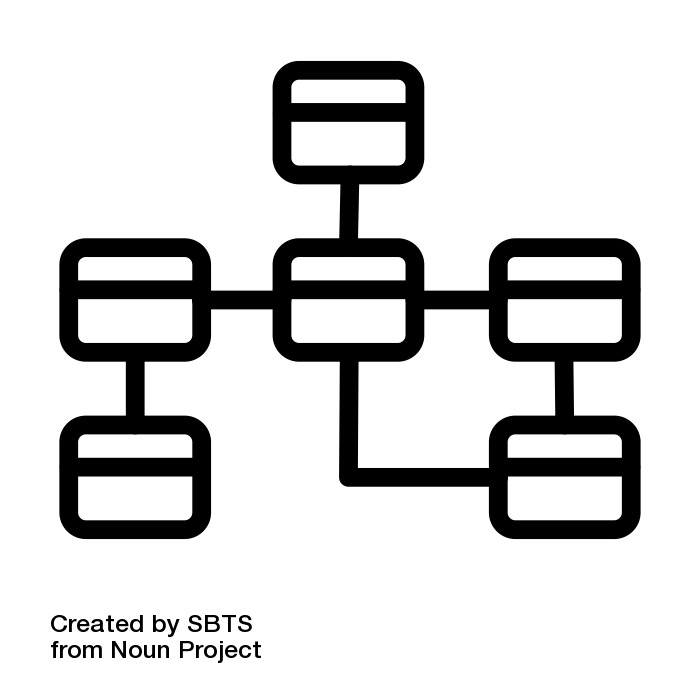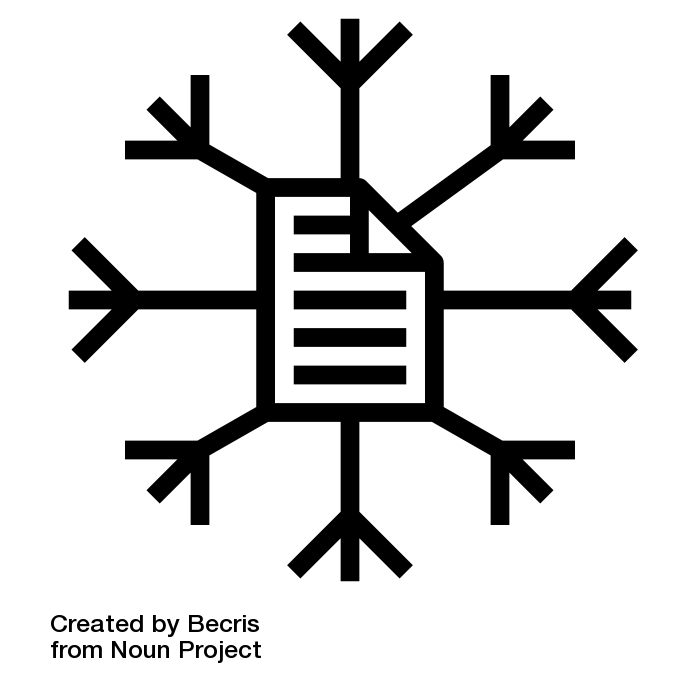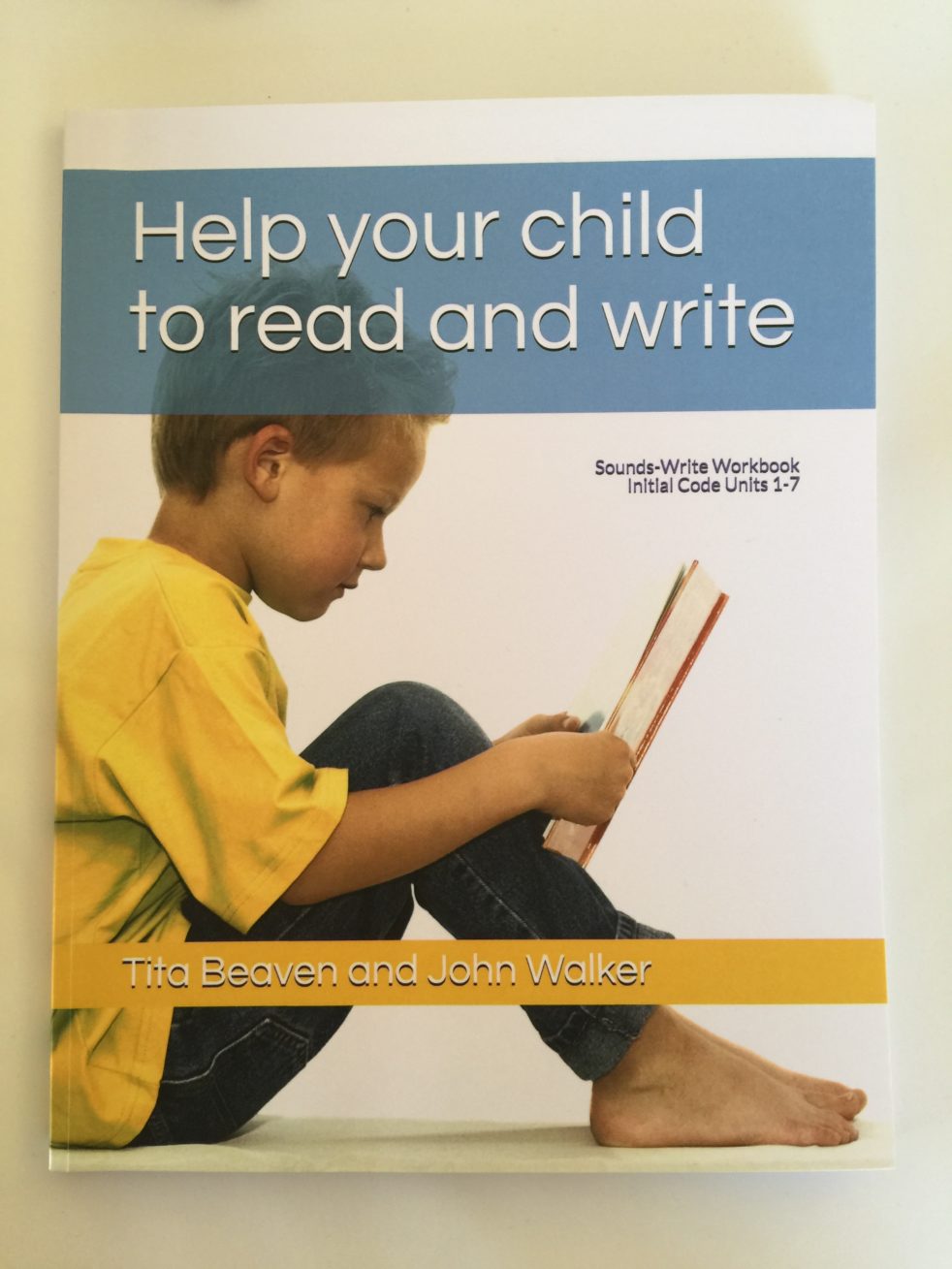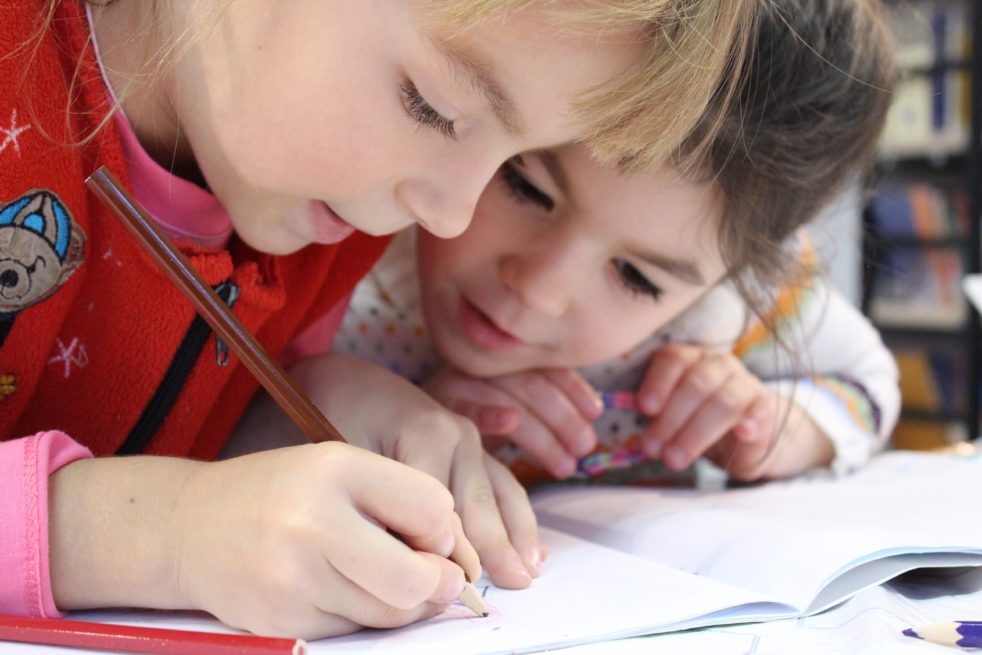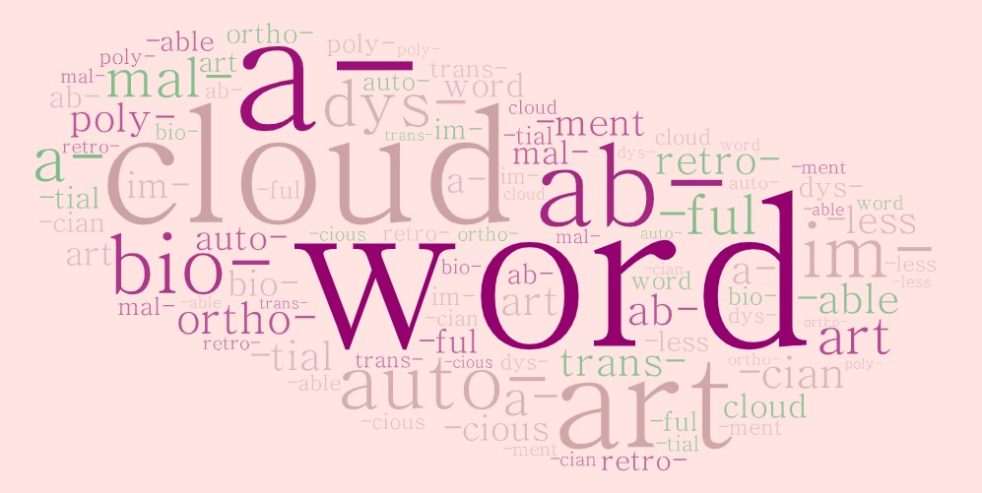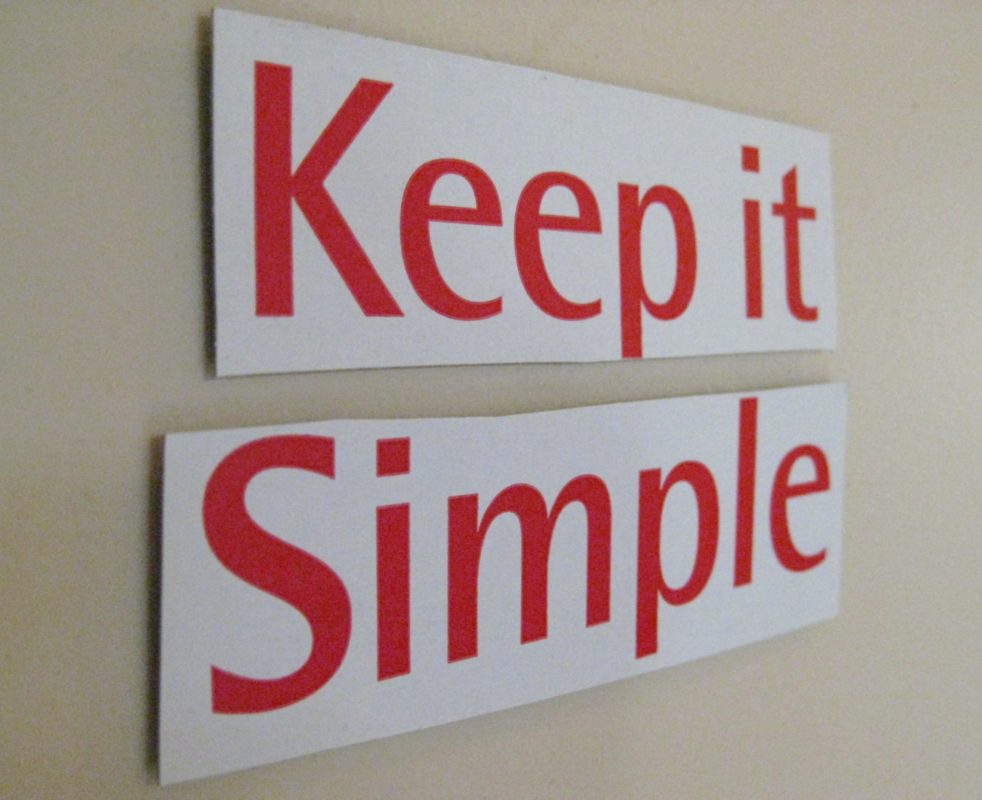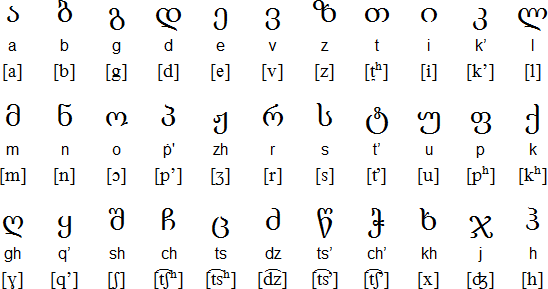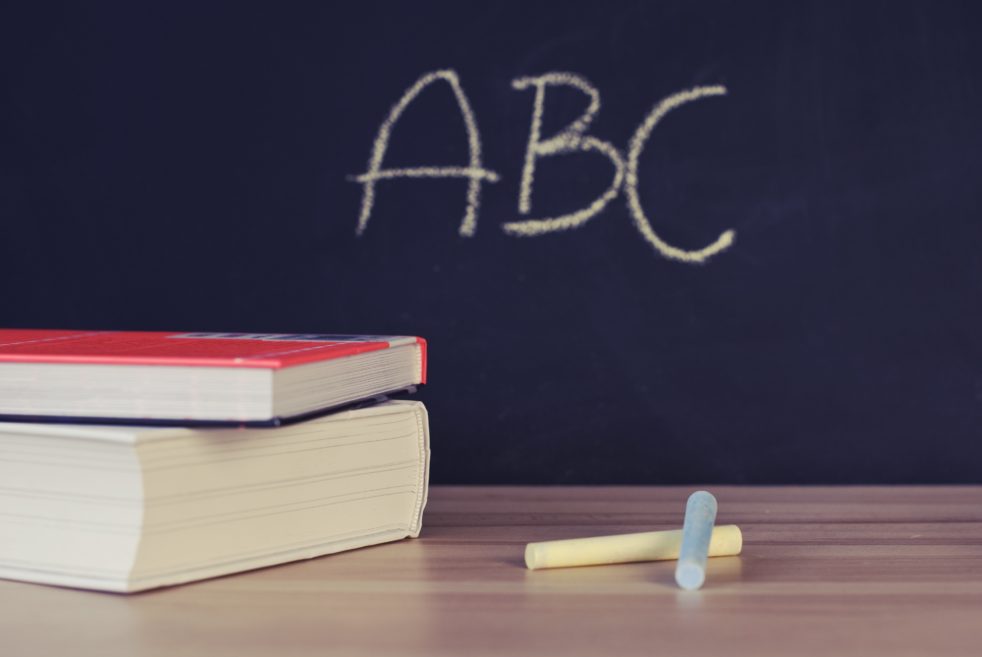Learning to read and write – a schema, Part 2
Following my last post in which I offered, with special regard to the teaching of phonics, a working definition of what a schema is, I want to continue at the point at which the additive process of assimilation cannot proceed without breaking down in the face of contrary evidence. You may have seen a novice… Continue reading Learning to read and write – a schema, Part 2
